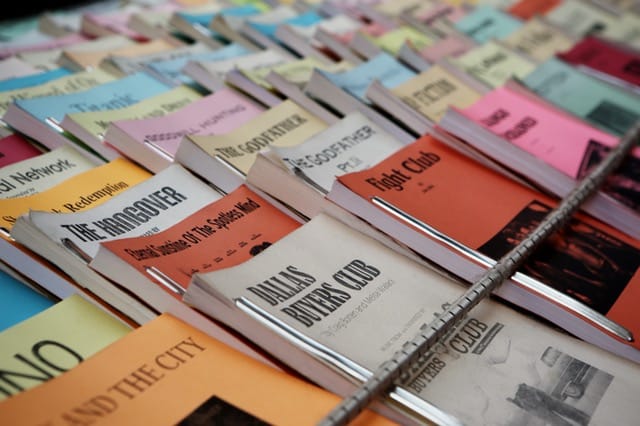
I’m stating the obvious here, but these three simple things are so often overlooked by actors when prepping for an audition.
Most of the time, you’re given auditions the day before, or if you’re lucky, a few days before so that you have ample time to prepare for the role. I’d like to think that most of you guys have a system for how you prepare for your auditions; read the story, figure out why your character is saying what they are saying and committing your lines to memory.
Often times, when I’m coaching actors, they are excited about the audition, nervous they haven’t had enough time to fully prepare or have beaten their lines to death making the “story” very mechanical.
The easy fix for this is to look at your sides as a story, because guess what gals and guys? That’s what your job is as an actor; to tell a story! And what do all stories have? A beginning, middle and an end. The writer who has taken loads of time to write the story is looking for an actor to bring that story to life, make it jump off the page in a way that they either intended or in a way that they never imagined. This is the joy of acting, folks!
When you read through your sides for the first time, read for the story, NOT your character’s lines. What happened immediately before your story began? Do the stage directions say you angrily walked into the diner, hurriedly walked down a hall, suspiciously looked for the culprit? These simple actions that usually take place before the dialogue set the scene, tell us a lot about what’s happening and why you’re acting the way you are in the story.
Once you understand what’s happening in the scene and why you’re coming into the scene the way you are, look to see what the arc of the story is? Where is there a shift in emotion and why? Your job as the actor is to build your emotion to this arc so that there is a change in the story or else it becomes one note and your “point” is usually lost on us. An easy way to find the arc is to look at how you’re emotionally feeling at the top of the story and noticing how you’re feeling at the end of the story. Your emotional state should be different and the arc of the scene is what happened to make you feel different.
Once you’ve hit your arc there’s usually an ending to your story or the scene. This is when casting will say, “put a button on it.” Meaning, end the story for us, stay in the energy of the scene vs. ending on your line. Think of it as summarizing everything that you just did throughout the scene.
Most actors are taught to highlight their scenes right off the bat, yet I feel this makes you focus strictly on your lines only, leaving you to act in a bubble. Working this way usually omits the conversation happening between the two characters and most importantly we miss out on the entire story.
